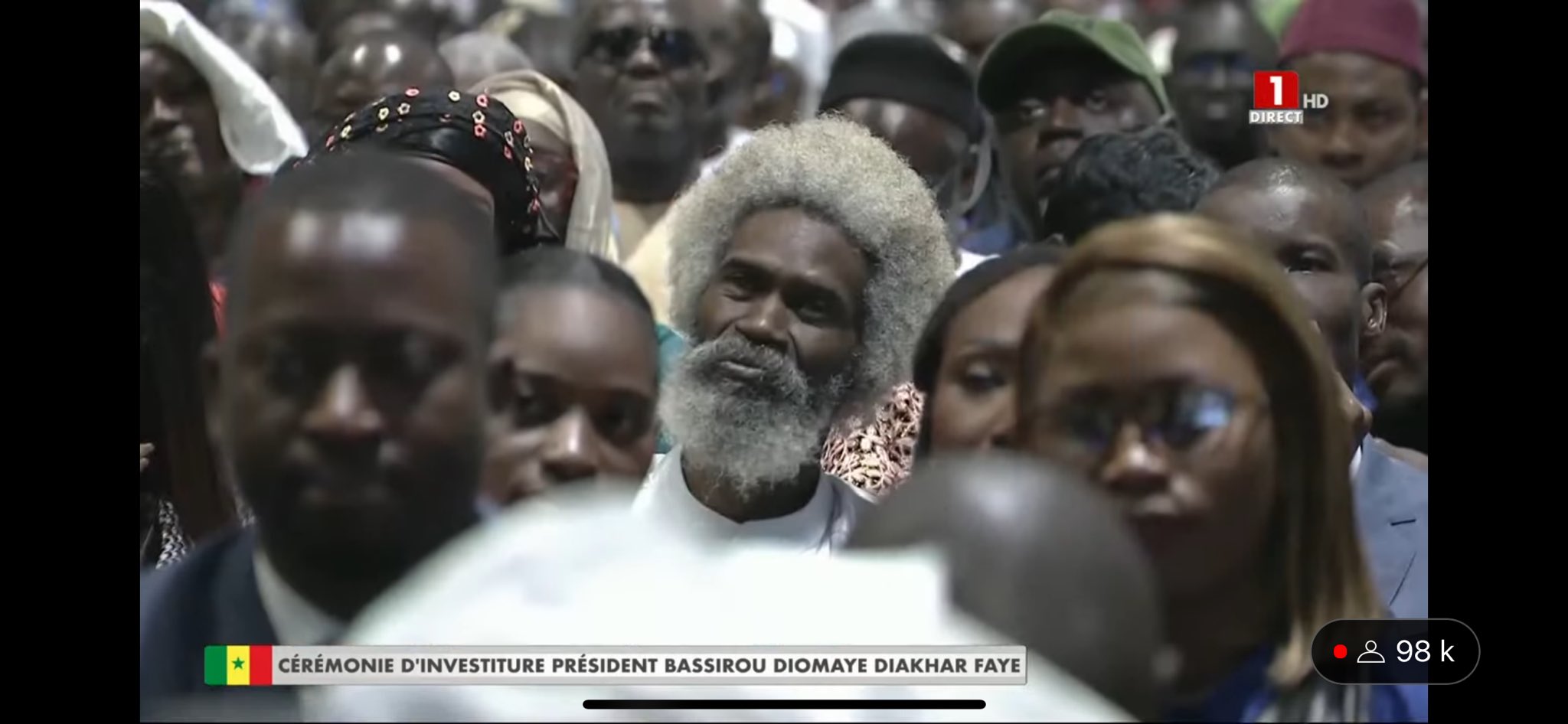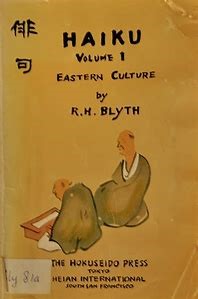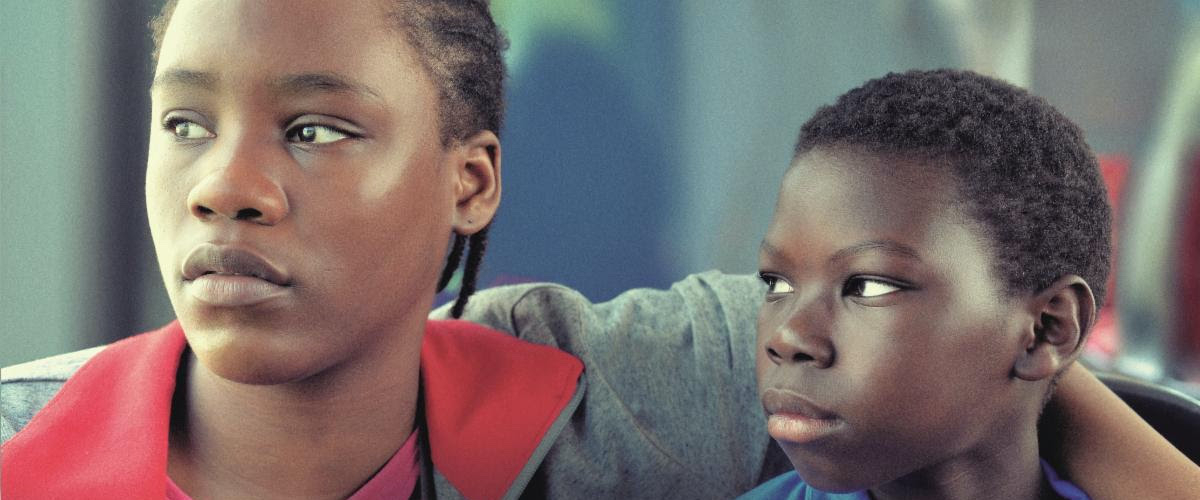WTF? Waking with an aching toe…left foot or right? The one I broke in the Bronx? Has the cold cut to the bone? Hope so. Huh? Well, IF it’s just this I.C.E. age, sleepy/creepy me will hibernate…
Then again, I might be at the mercy (all over again) of my own damn head. I’ve been getting worked over lately by a long manuscript. Upshot of a bad habit—call it “diligent indolence”? Years ago, I found I could cheat when I got stuck on an essay. Instead of hard-slogging through, if I’d been truly working—I could fade-to-bed and my brain would dream a solution to whatever was holding me back. All I had to do was trace the meander of the last dream I had after a natural wake-up. With piece-work, my mind wakes me up with the Answer after four or five hours. Lately, though, things done changed. I’ve been chasing a big bear of a book (?) and once I’m hunting, my head only lets me sleep for a couple hours and KEEPS waking me on the regular until I think I’ve taken my last shot.




